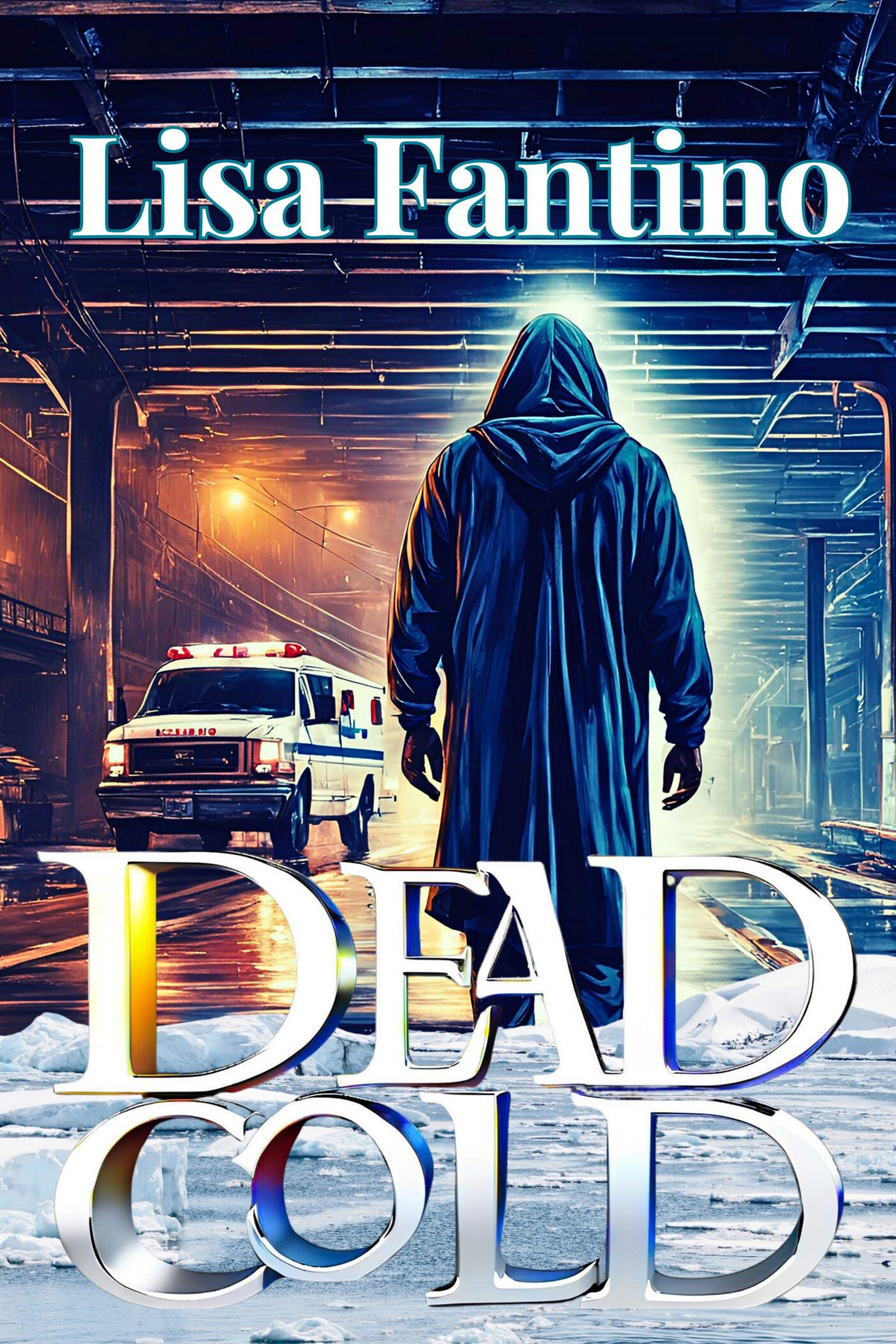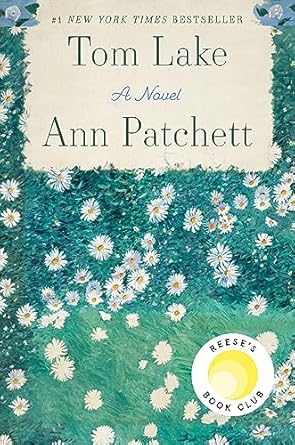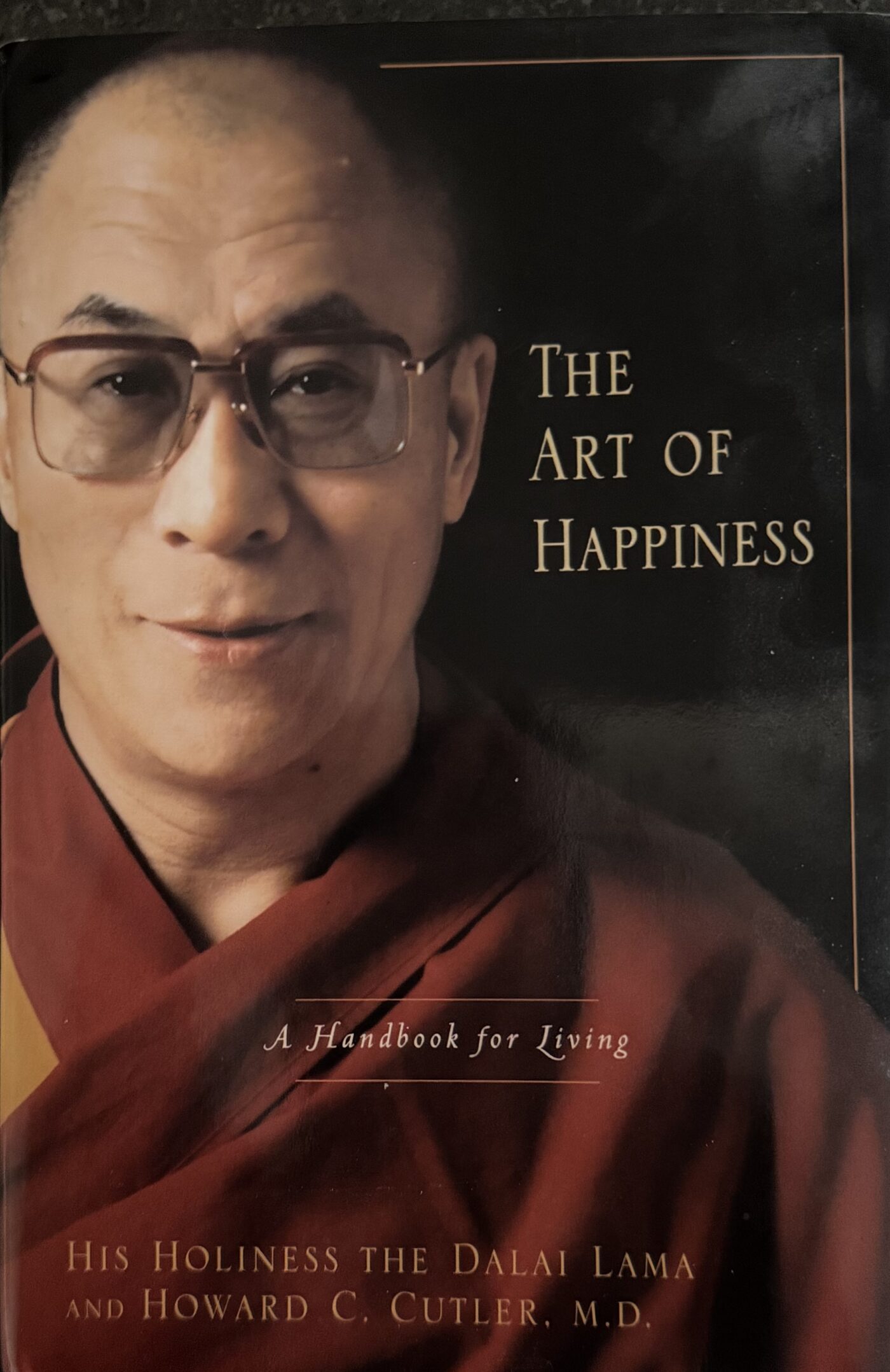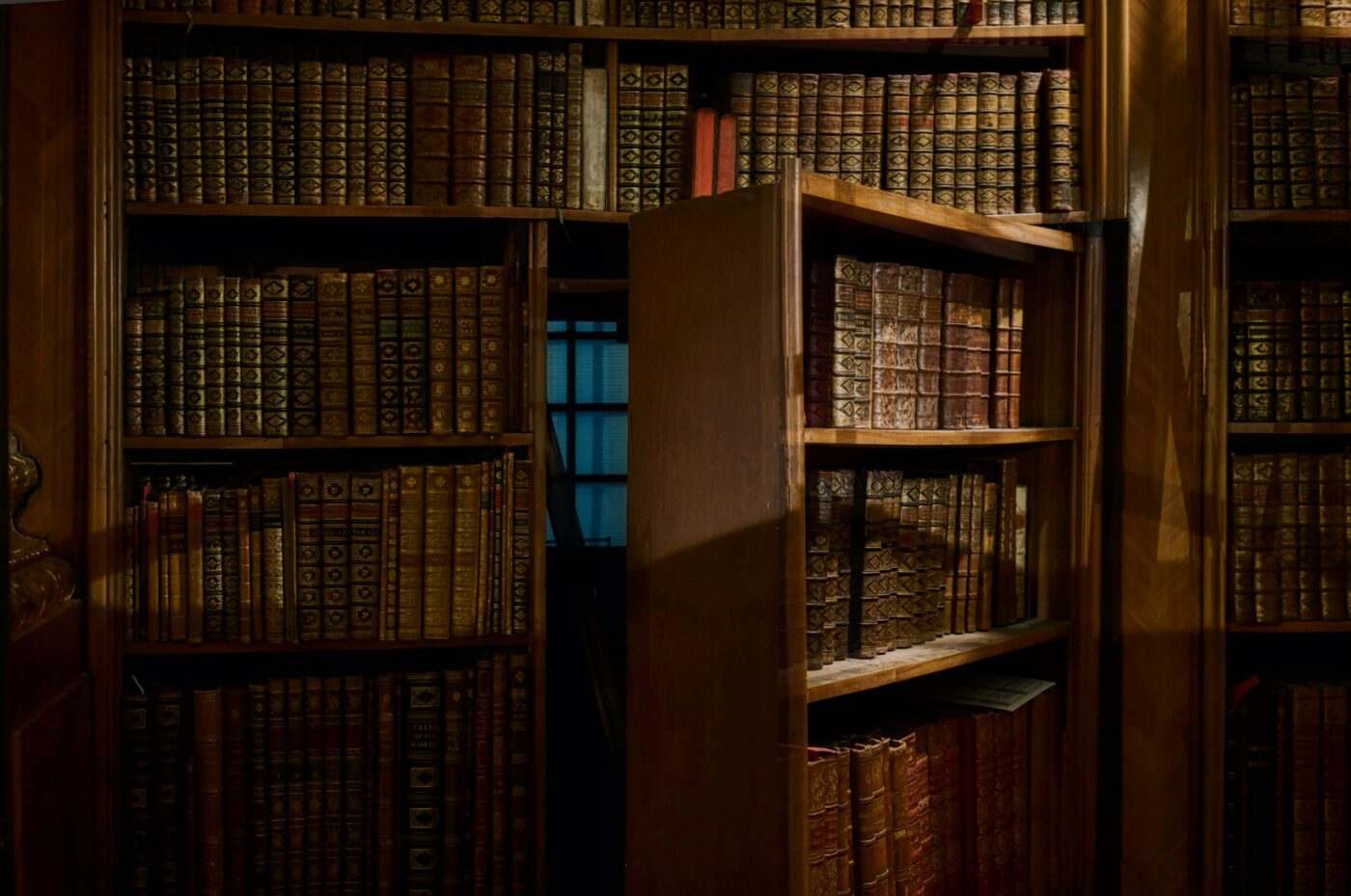NIGHTSTAND
Books we recommend
DEAD COLD By Lisa Fantino
Wanderlust Women Travel, $24.99
 Any regular readers of this column might have noticed by now that I’m a sucker for a good detective story. Honestly, given my literary pretensions, I should be ashamed by the amount of apostledom I bring to this genre. But I am not.
Any regular readers of this column might have noticed by now that I’m a sucker for a good detective story. Honestly, given my literary pretensions, I should be ashamed by the amount of apostledom I bring to this genre. But I am not.
And this is another good one! This is the third novel in the Detective Flynn Series, following Fractured and The Costa Affair, based around charismatic but tough-as-nails Bronx, NY Homicide Detective Maggie Flynn, who has the gift. Used to be, IRL, you had to be tough as nails to go food shopping in the Bronx, but it’s better than that now.
Except this takes place in the very early days of the COVID era, as New York was trying to make sense of the demon plague spreading its mysterious ink blot of catastrophe. The streets are eerily and uncharacteristically empty, but not empty enough, because now there’s a human serial killer, targeting first responders, the thin line between virus and death, starting with a Bronx Hospital nursing student. Maggie, who already has one serial killer scalp on her police resume, pulls the case. Well, what did you expect, a book about her going on vacation?
Dead Cold is as chilling and gripping as the title implies, and it’s a classic cat and mouse chase through a, for once, hauntingly, intriguingly, subdued New York City.
Bob Guccione, Jr.
TOM LAKE by Ann Patchett
[Harper, $19)
 We all face at some point, although hard to grasp, that our parents had lives before us, and thought about things much the same way we do now.
We all face at some point, although hard to grasp, that our parents had lives before us, and thought about things much the same way we do now.
This is the lesson Lara’s three daughters learn in their 20s, when they return to their family’s cherry farm during the pandemic. As they pick fruit, Lara tells them about her acting dream that brought her to Tom Lake, a theater in northern Michigan, where she learned the way of the world and fell in love with the now-famous actor Peter Duke. The story Lara weaves is filled with first and last loves, friendship, and finding oneself — as well as the betrayals of youth, the stomach-heating drives for revenge, and the white-hot need to mean more to somebody.
Sound familiar?
Lara’s daughters sure think so. They can’t believe the real-life (and onstage) drama of their mother’s formative years, somehow culminating in the family cherry farm, a happy marriage, and the three of them. This story of love, growth, and above all else the passage of time, and all that comes with it, is especially poignant during the years when the world seemed to have stopped in place altogether.
The book’s setting is one half of many of the love stories. Although handfuls of the story’s cast hail from cities and coasts, all are moved by the cherry trees and slow life in the land near Traverse City, Michigan. The landscape shapes all of Patchett’s characters, leaving a lasting impact, in some cases forever. Long after reading the last page, we remember the imagery of rolling cherry tree hills that make us want to put down roots there just as the trees have.
After reading this book, I immediately called up family members and asked for their life stories from before I came to town — and maybe looked into visiting a cherry farm in northern Michigan ASAP, too.
Sofia Goldstein
THE ART OF HAPPINESS: A HANDBOOK FOR LIVING by HH Dalai Lama and Howard C. Cutler, MD
Riverhead Books, 1998.
 Abraham Lincoln, who suffered from depression, once said “most people are about as happy as they make up their mind to be.” It doesn’t always work this way, and until the positive psychology movement began thanks to The Art of Happiness: A Handbook for Living, the western world pretty much didn’t know that happiness (somewhat like a muscle) can be strengthened through Buddhist type exercises and training.
Abraham Lincoln, who suffered from depression, once said “most people are about as happy as they make up their mind to be.” It doesn’t always work this way, and until the positive psychology movement began thanks to The Art of Happiness: A Handbook for Living, the western world pretty much didn’t know that happiness (somewhat like a muscle) can be strengthened through Buddhist type exercises and training.
Dr. Cutler, a young American psychiatrist with a strong interest in Tibetan Buddhism, visited the Dalai Lama in Dharamshala many years ago and interviewed him. With extensive passages quoting the Dalai Lama and their conversations, the result was The Art of Happiness: A Handbook for Living that blended eastern practice with western science. In one chapter titled “Training the Mind for Happiness”, the Dalai Lama says, “So, the first step in seeking happiness is learning.” Another useful observation is the Tibetan language “doesn’t have an equivalent for the English word ‘guilt.’” The book became an international bestseller, staying on the New York Times bestseller list for over ninety seven weeks, selling millions of copies, and published in over fifty languages.
Dr. Cutler, the father of the positive psychology movement, has gone on to write a series of books, including the very timely, The Art of Happiness in a Troubled World. He still gives private six week, moderately priced Art of Happiness courses because he says he wants to be accessible and help people, in case you want to sign up. It’s a rare opportunity to work with one of the world’s most renowned experts in positive psychology, who will help you learn how to be a happier person.
Helen Mitsios
The cost: priceless. https://theartofhappiness.com/courses%2Ftalks%2Fworkshops









